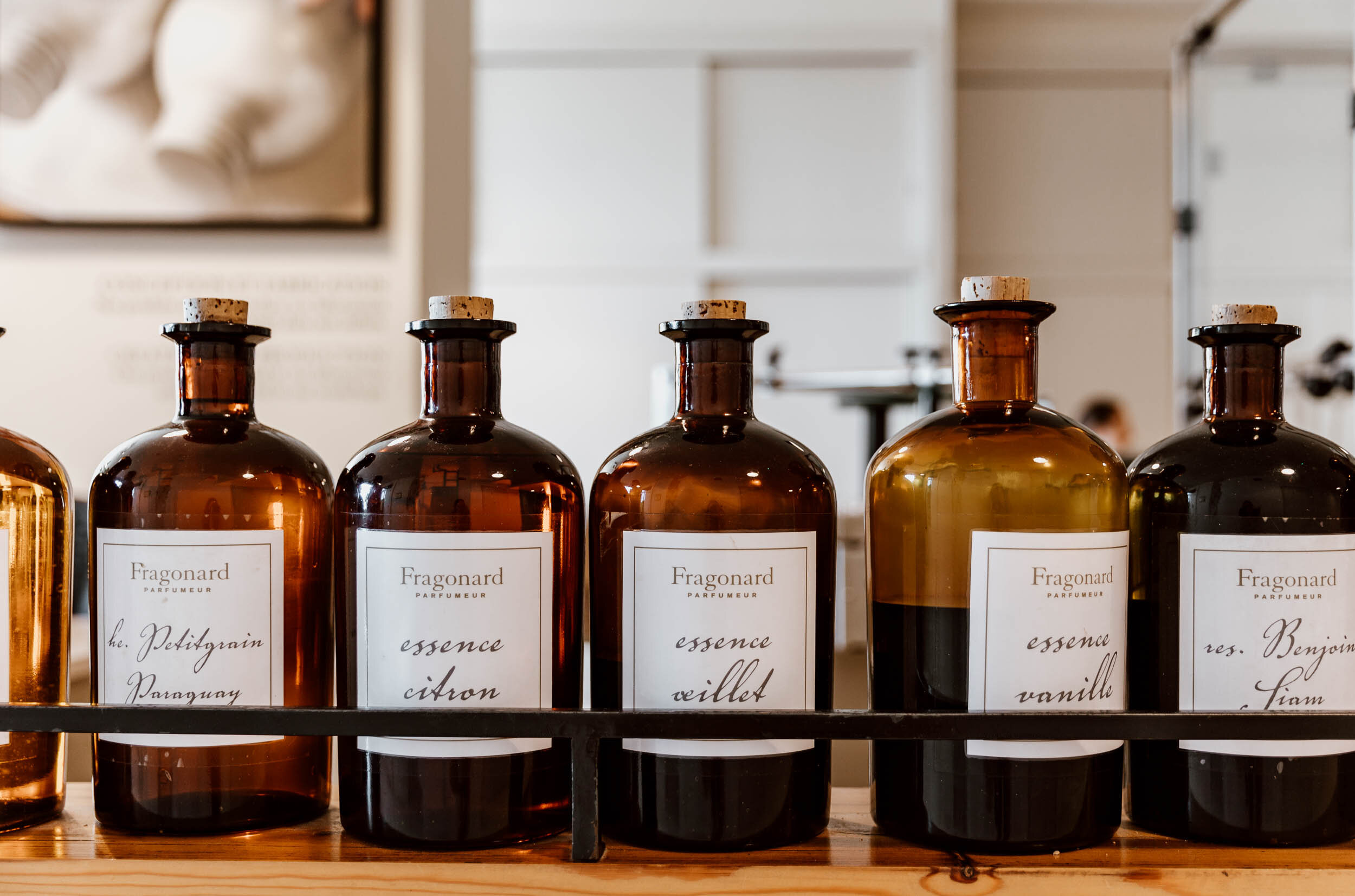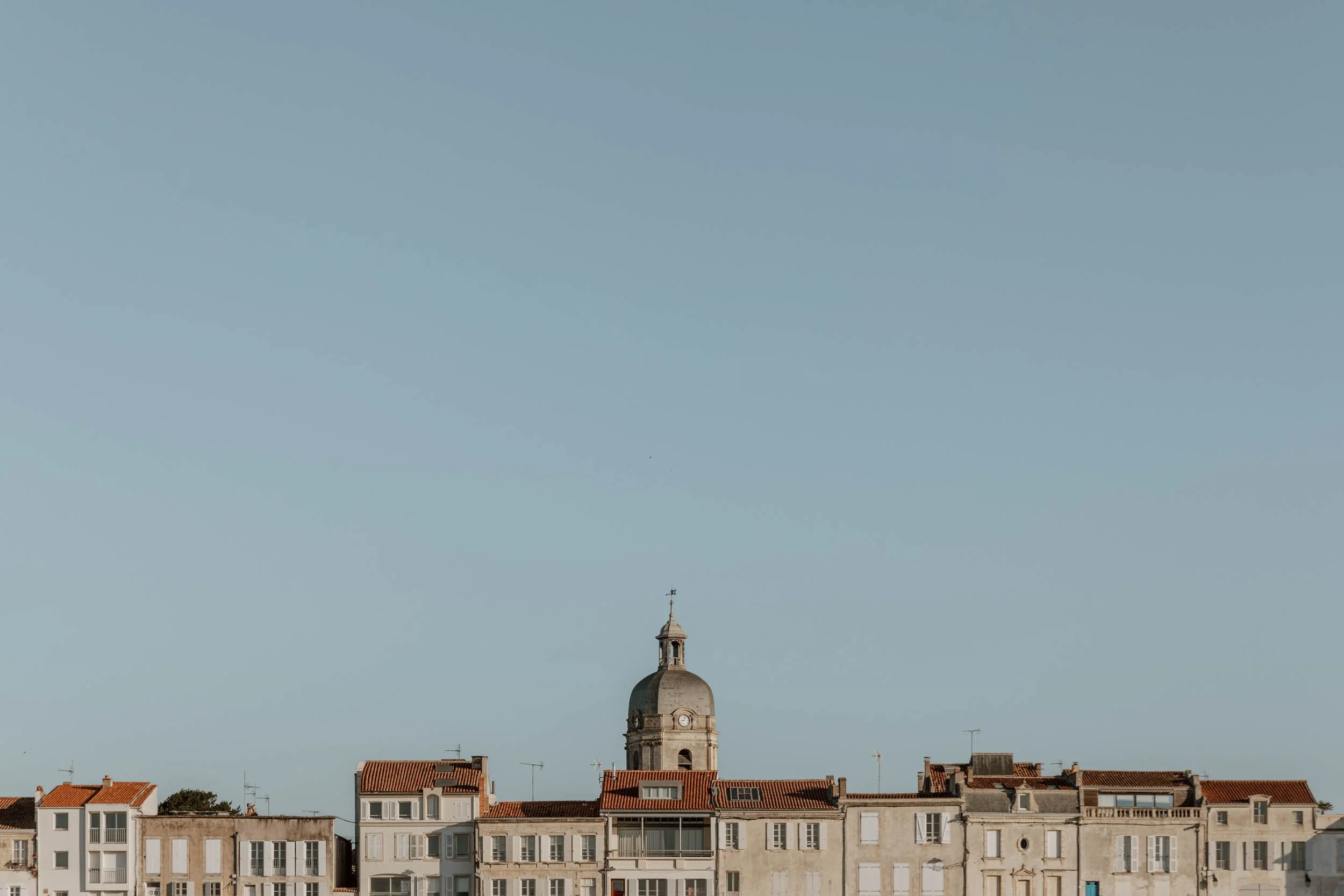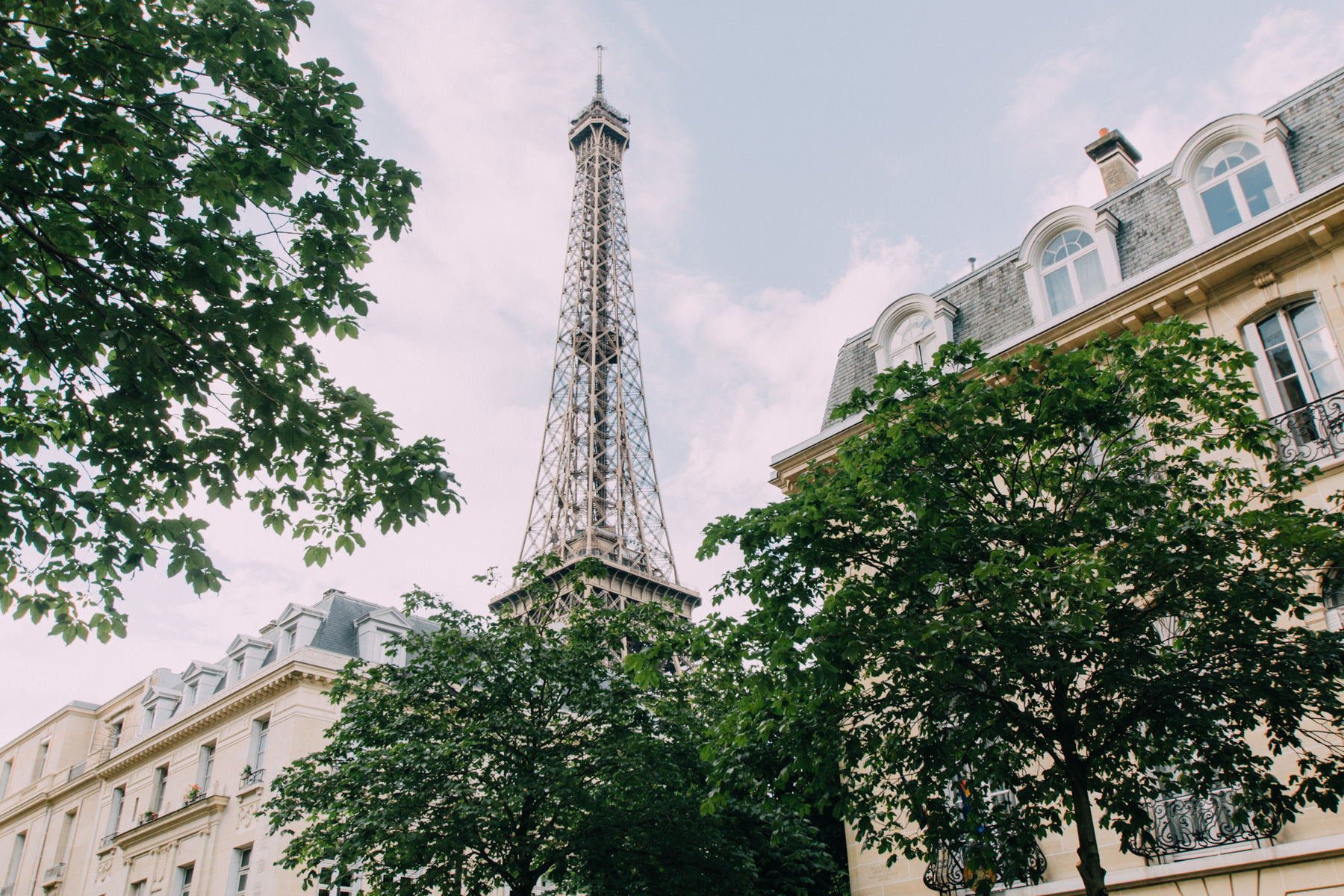Close your eyes.
Inhale.
Inhale deeper.
Lemon sherbet sweets is what instantly come to mind. Those my mother and I would scoop out of a clear plastic tub at the local ice cream shop, before being weighed and dropped into a crinkly white paper bag, the cost written in blue ink.
I can almost taste them on my tongue.
Sitting in the clinically white room at the family-owned Fragonard Perfume Factory, I can only imagine what world our fellow visitors are being transported to right now by the same bottle of lemon essence. What does it recall for the Armenian lady in gold chains, the deep-voiced American solo traveller, the stoic German family?
Summer afternoons with first loves perhaps, or mornings baking cakes with a grandmother. The final squeeze for a gin & tonic, or citrus-tinged childhood cough medicine.
We are here in Grasse, a pretty little town in the south of France and certainly one of its most fragrant. Regarded as the world’s capital of perfume, it offers those holidaying on the French Riviera the opportunity to immerse themselves within the history of scent, buy bottles direct from renowned and ancient perfumeries and, like us, try make your own perfume in a private perfume workshop at one of the most famous perfumeries in France.
With the nine black small glass bottles on the three small shelves before us, a dozen or so plastic pipettes, bundled narrows strips of testing paper, and several glass beakers on the right of my personal workspace, it feels more like a chemistry laboratory than somewhere to make romantic potions. However, as we would learn over the course of this ninety minute perfume making class, creating a scent is not down to pure romance or serendipity. Instead, it is a craft and multi-faceted discipline which has been honed over the last two centuries since the cunning idea to perfume leather gloves with the flowers which grow in abundance outside Grasse was first hit upon.
Our teacher in this masterclass is tall and elegant, with a wonderful clipped French accent and hair loosely held in a bun. She is one of many ‘nez’ - literally meaning ‘nose’ in French - who study, live, and work in Grasse. Since the 18th century, the perfume industry has been the central trade here and continues to be responsible, directly and indirectly, for around 10,000 jobs in and around the town.
Read Next | Our Travel Guide to Grasse
Out of those 10,000 though, it is these 'noses' - or perfumers to use the term we'll all be more familiar with - who are the most captivating; they are truly the artist alchemists of scent. Not only must one be able to precisely pinpoint, categories, and describe thousands upon thousands of scents, they must also know what these different odours evoke in the rest of us.
What goes well on male skin? What represents love in spring? What conjures up sensual sophistication?
Where each scent is so personal and intrinsically linked to our own memories and experiences, capturing, combining, and concocting these desired feelings or fleeting moments in time within a single fragrance is surely no small task. And, as our guide told us earlier in the morning, with a single litre of French rose ‘essence’ requiring at least a ton of handpicked petals (and the cost being as eye-watering as the smell is sweet), a perfume’s creation cannot simply be left to whimsical chance.
It is instead a blend of science, art, fleeting agricultural seasons, global supply chains, and profit margins, almost as complex a blend as the very end result.
We are finding out this complexity ourselves as we sniff and mix our limited number of essential oils which, theoretically, limits our chances of making something awful. My own perfume creations are proving too troublesomely and stubbornly tart, whilst Emily cannot get rid of the orange notes she hates, meaning more work is required to evolve its impact from toilet freshener to a passable eau de cologne.
A few more drops of rosemary, a dribble of the surprisingly zesty neroli, and a reluctant drop of the quite abominable stench of petit grain, which our ‘nez’ tells us is adds the “discreet, woody, warm, effect” essential for a masculine fragrance. I scribble down the measurements in my ‘perfumer’s apprentice notebook’ alongside the memories which instantly came to mind whilst we were spending a good few minutes breathing in each essential oil at the start of the class; earl grey teabags, granny’s bathroom cupboard, more childhood sweeties.
I imagine the opportunity to sit down at a full perfumer’s organ and how it would unlock so many moments in my life, transporting me back in time to quite forgotten personal memories solely through olfaction.
The class underlines how much we take our remarkable fifth sense for granted; how rarely we really smell anything behind a cursory whiff. We learn that that first impression of something only shows one aspect of a scent; they linger and evolve the more attention you pay to them. This unveiling of a scent across time is indeed core to the head, heart, and base notes upon which every perfume is built.
Our ‘nez’ tells us of times where her superpower has led her children to complain of her absent mindedly following a man in the street in order to smell him, and how her scent brief for clients often asks her to conjure up all manner of complex emotions and representations to be trapped inside a single metal bottle.
Watching her at work is an absolute privilege. She glides from student to student, inhaling our bespoke creations; one woman’s has a “dash of happiness in it”, another’s is “pure romance”, whilst a teenage girl’s reminds her of something her own daughter would have made.
I could listen to her all day and, indeed, I wonder how one must get through the average day in Grasse where so many beautiful smells linger in the air. Just how wonderful must the morning aromas of the patisserie and boulangerie be to one who sees the world through its scents?
At the end of our class, the quiet middle-aged lady from China sitting opposite me nods when I ask if I can smell her own creation; she had seemed so very happy with it that my curiosity was piqued.
I spray on to the neutral strip of white testing card, close my eyes, and inhale.
Within the space of an hour and a half, with the exact same ingredients available, we have created two eau de colognes which are totally distinct. Worlds apart. Two different minds, two different histories, two different noses taking us in completely different directions.
The dominant lavender and bergamot instantly remind me of Sunday night baths at home in Scotland.
I wonder what it reminds her of?
Perfume Classes in Grasse
We learned to make our own perfume in Grasse at the Fragonard Perfumerie. Held in the historic centre of Grasse, we highly recommend this two-hour class for anyone visiting France's perfume town - it’s great fun, interactive, and a very unique experience.
Alongside the class itself, you receive a 100 ml bottle of your own creation in a lovely pouch, a certificate, Fragonard apprentice apron, and a 30 minute guided tour of Fragonard. The perfume workshops are held daily with a maximum of 16 students per class.
Due to their limited size and popularity, booking your perfume making class in advance is absolutely essential, click here to check availability and prices.
If you’d like some more inspiration and advice for your visit, then please check out our travel guide to Grasse.























